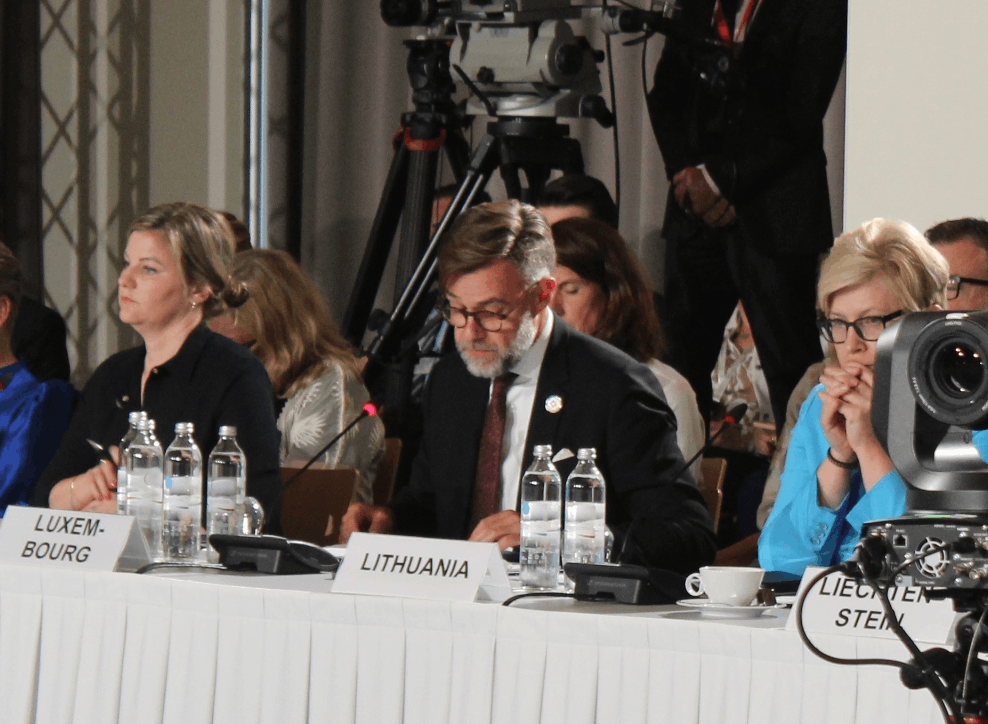Over four months after Russian president Vladimir Putin launched an attack against Ukraine, the country continues to fight, sustaining considerable material damage in the process. Ukrainian president Volodymyr Zelenskyy at the Ukraine Recovery Conference estimated the cost for the reconstruction of the country at €750bn. These should come mainly from donations, but also multilateral and national investment mechanisms, like the EIB.
Signatory of the Lugano declaration, the grand duchy will contribute to various European reconstruction platforms and initiatives in the short and long term. In addition, the government has already identified companies that specialise in the development of smart, modular or mobile homes to support internally displaced people.
Using Russian assets to finance the reconstruction
The war is, however, still ongoing, so the total needed to rebuild the country remains unknown. The recovery strategy should already be put in place to give citizens hope.
Fayot (LSAP) who is also the grand duchy’s economy minister, in an interview with RTL Luxembourg underlined that Luxembourg already donated €4m in humanitarian aid and around €70m in military aid, on top of contributions to EU-wide financial support to the war-torn country. On top of helping with the smart houses, the grand duchy will continue to provide humanitarian support, he said.
During the conference, some participants--mainly Eastern European countries according to Fayot--suggested using seized Russian assets to finance the reconstruction. “It’s still a bit early to confirm that but it’s clear, on an ethical and moral level, from an equity point of view, that we should think about this, and that the assets of the aggressor and his entourage--if they have assets in the West--should be used to participate in the reconstruction,” Fayot told RTL.
“We don’t have a legal framework for something like that right now,” Fayot said, but seizing Russian assets could well be among the next EU sanctions against Russia.
